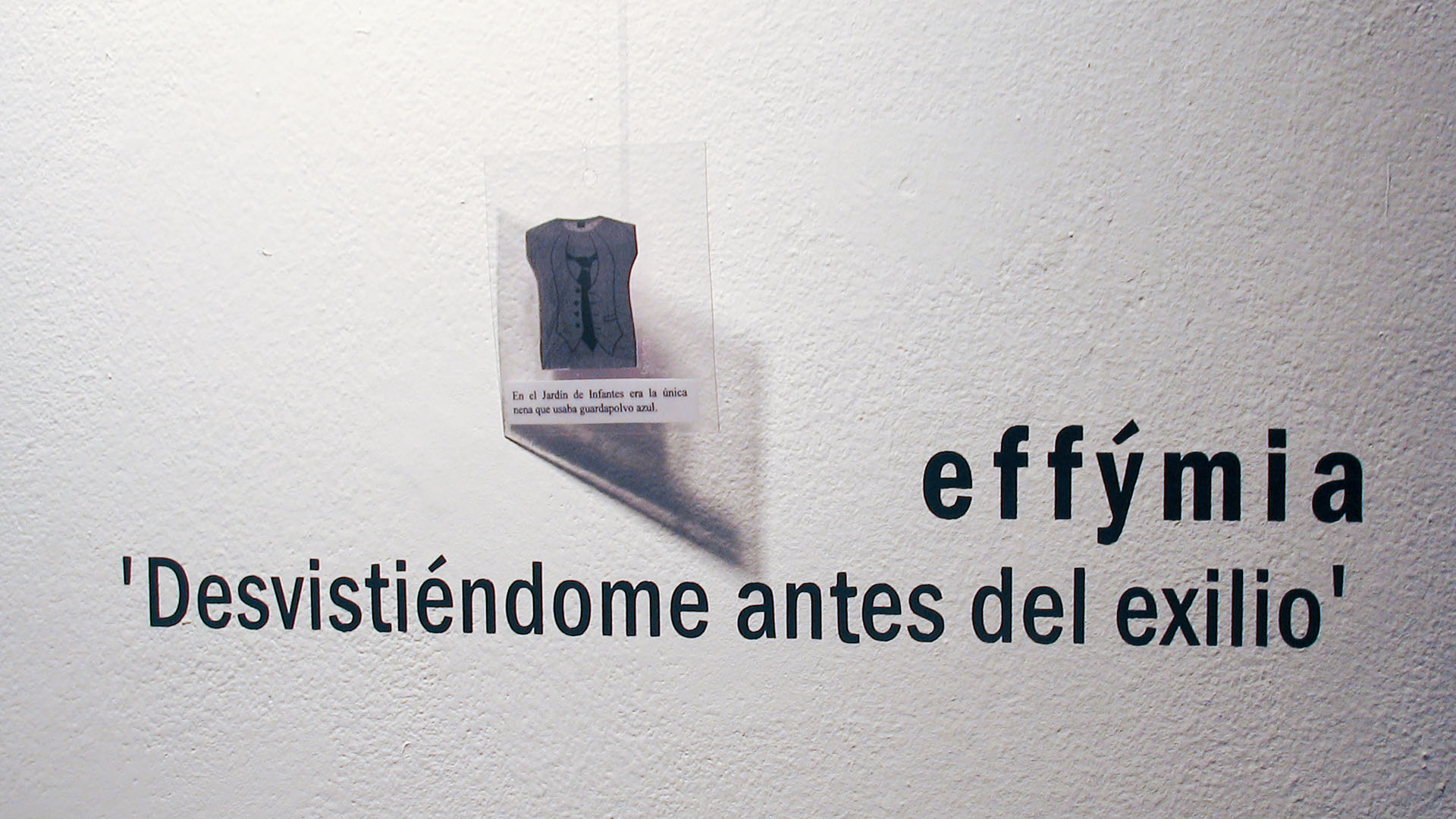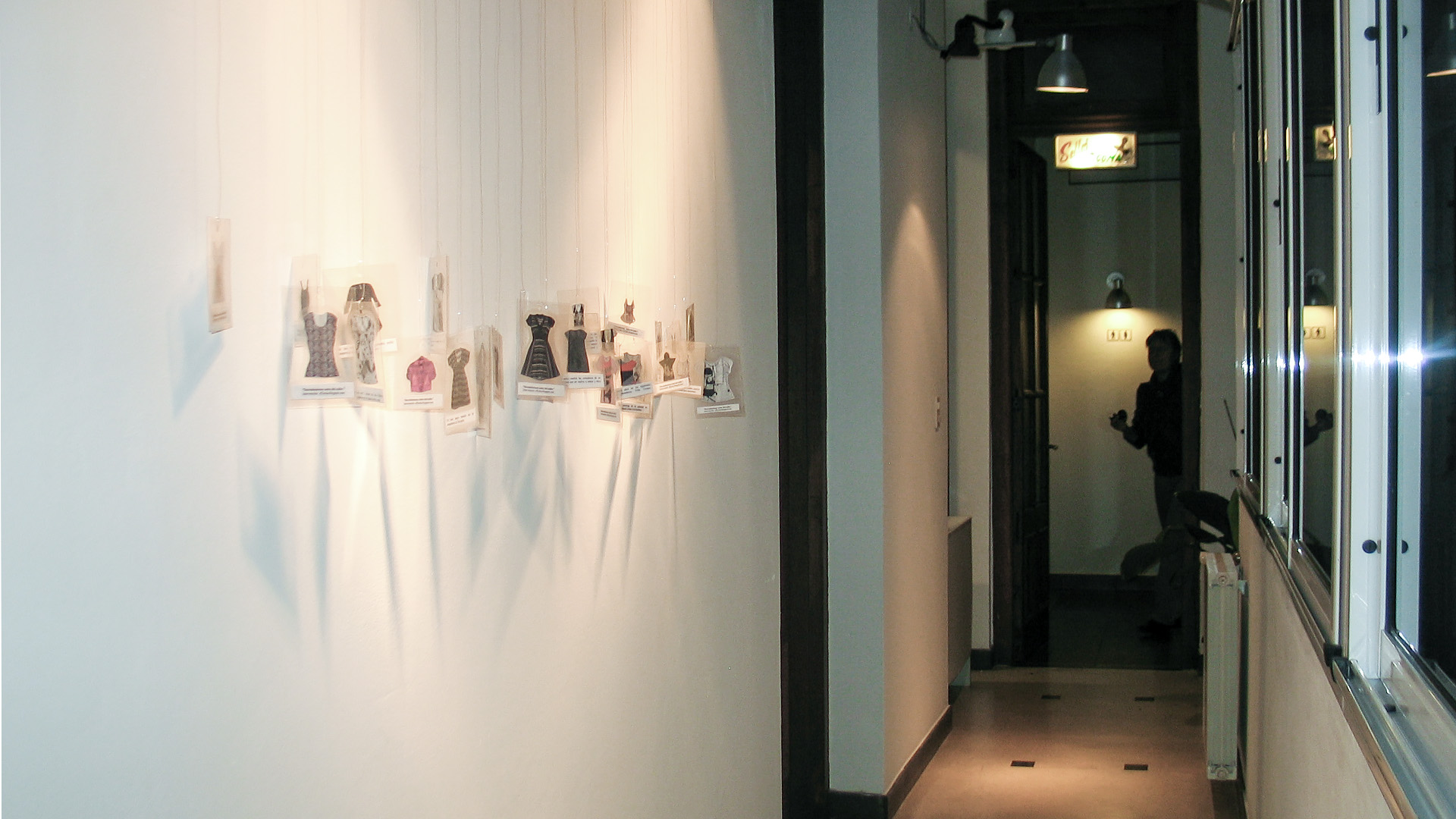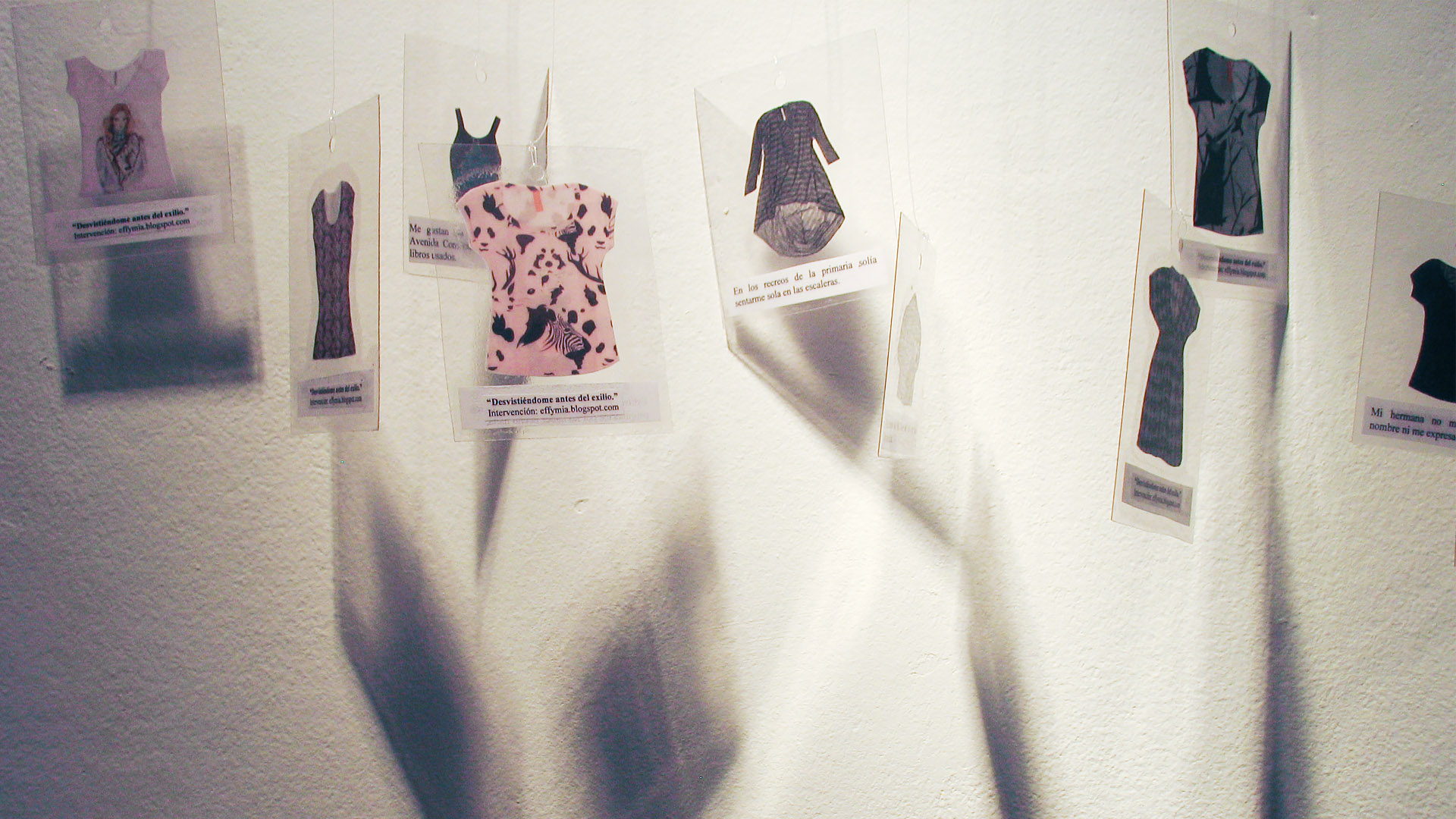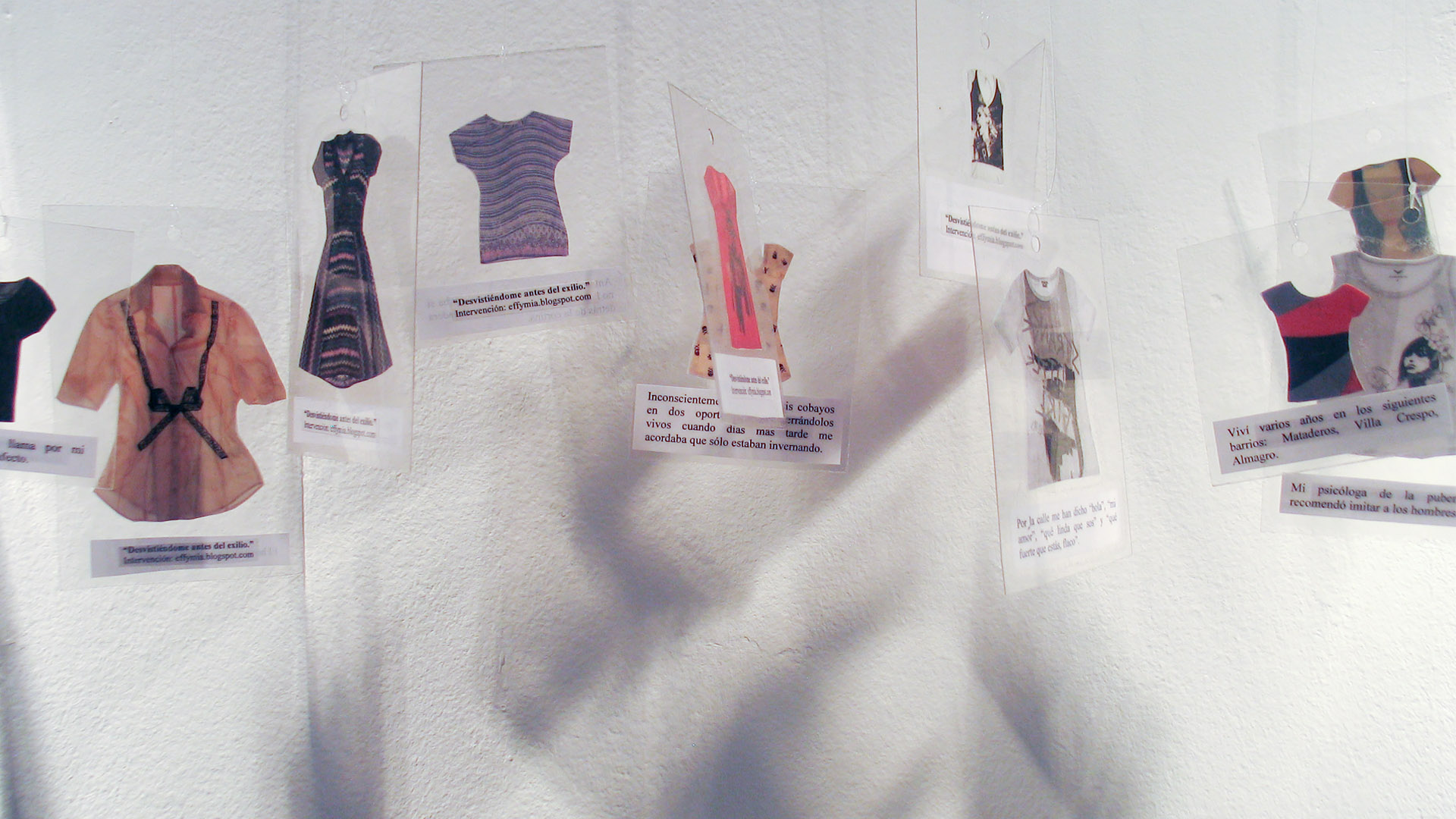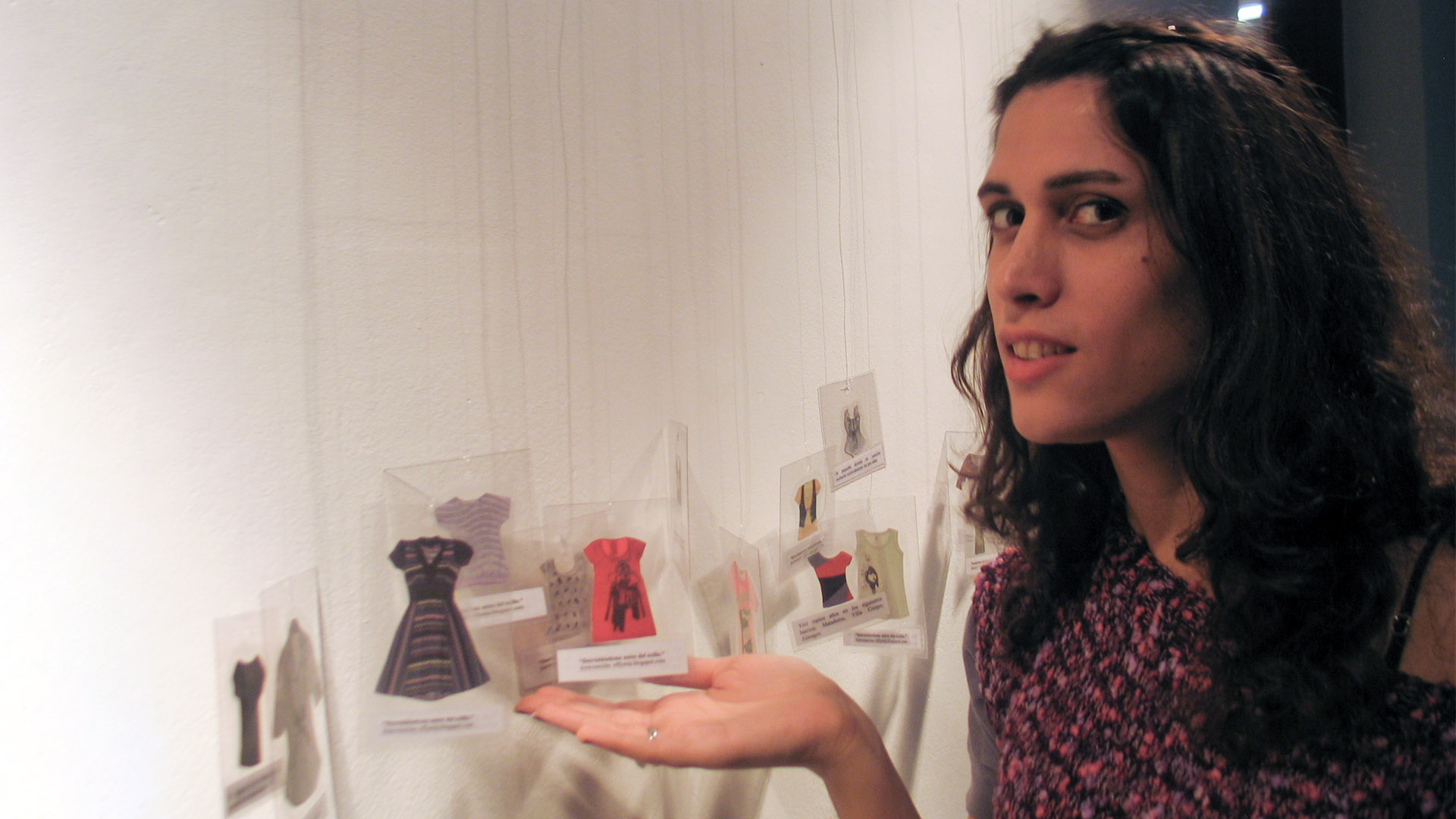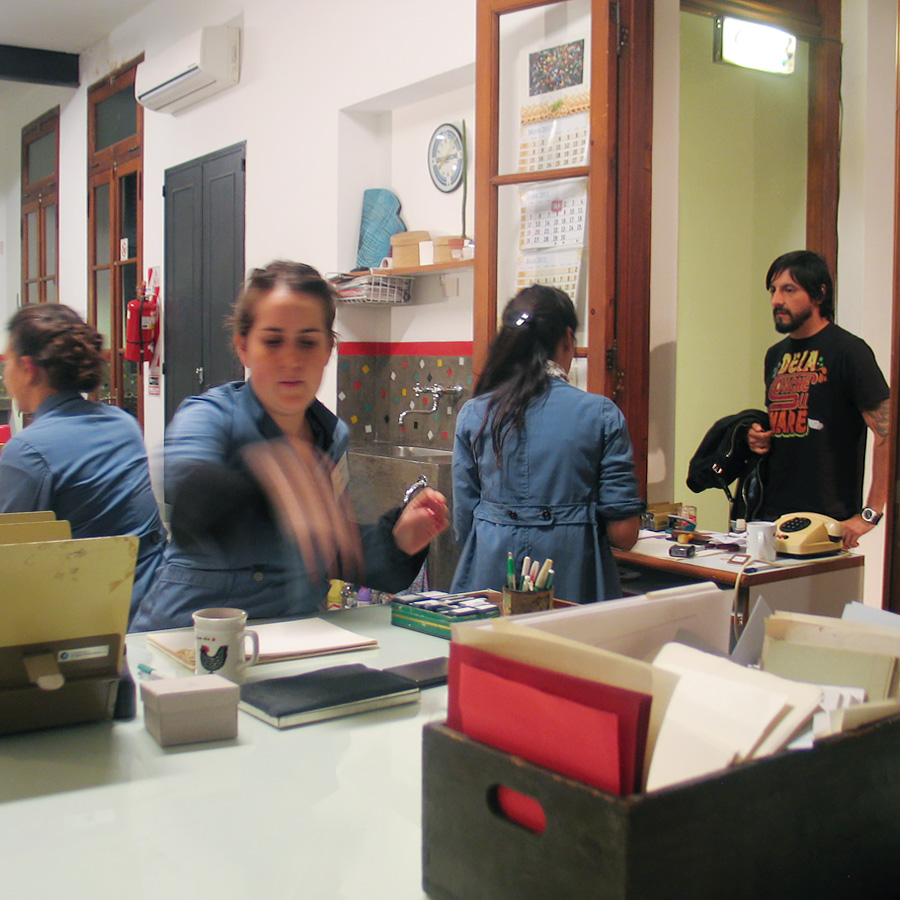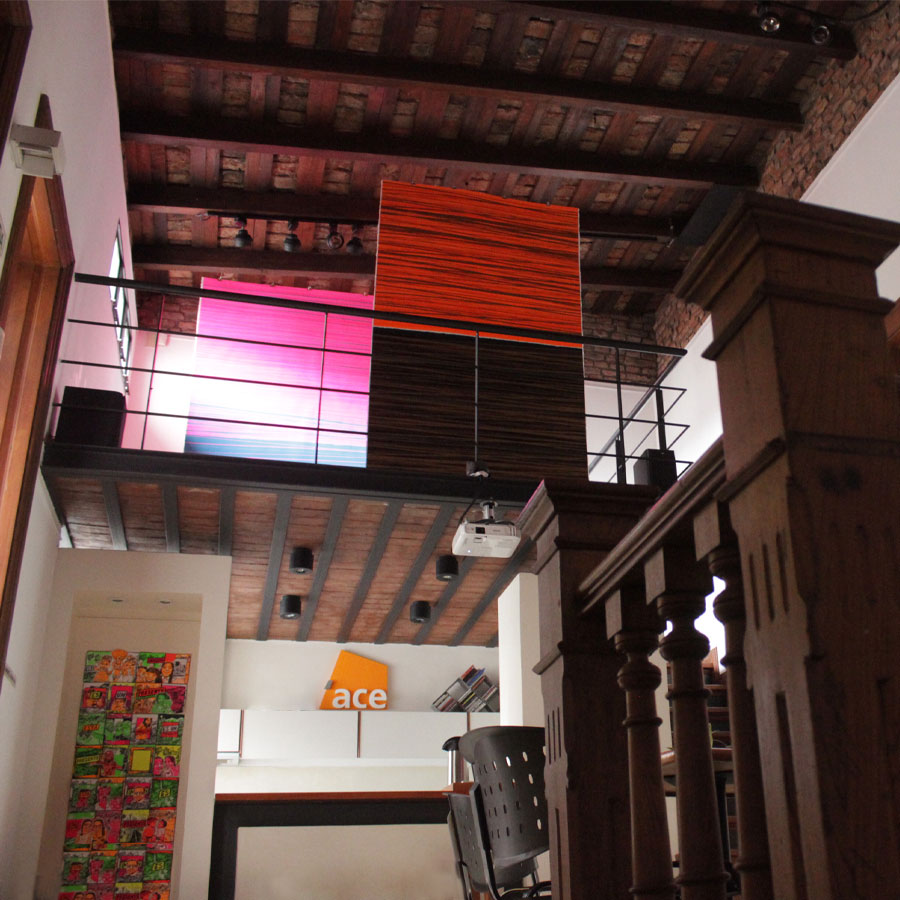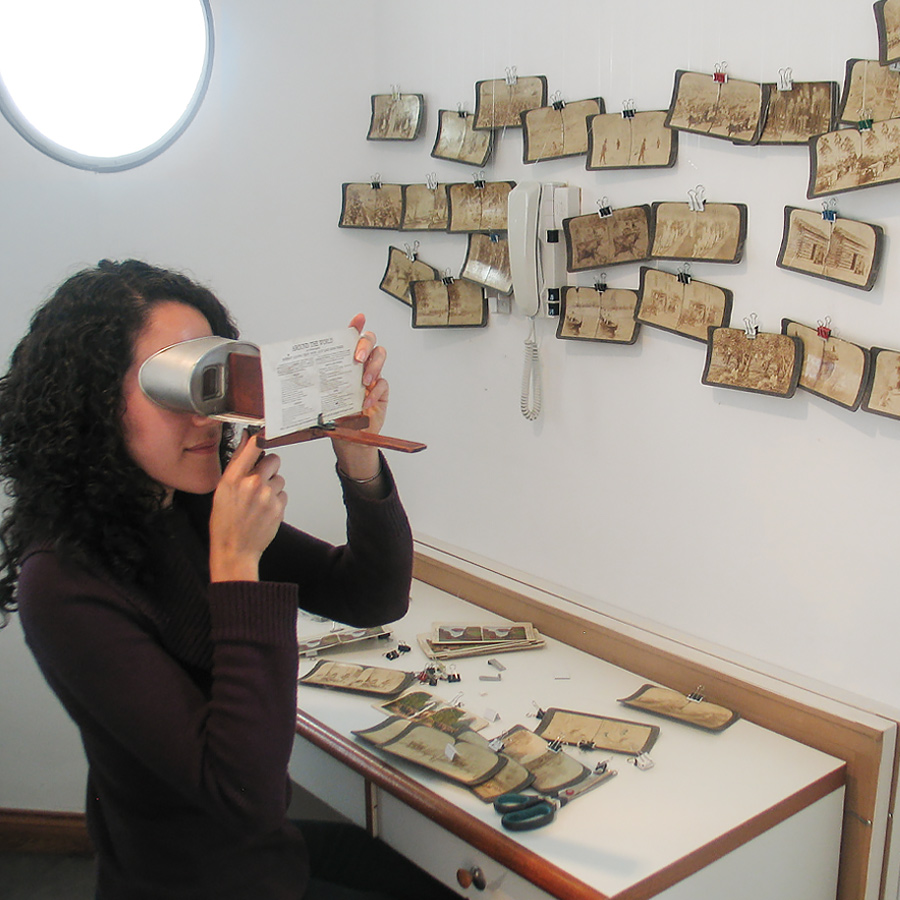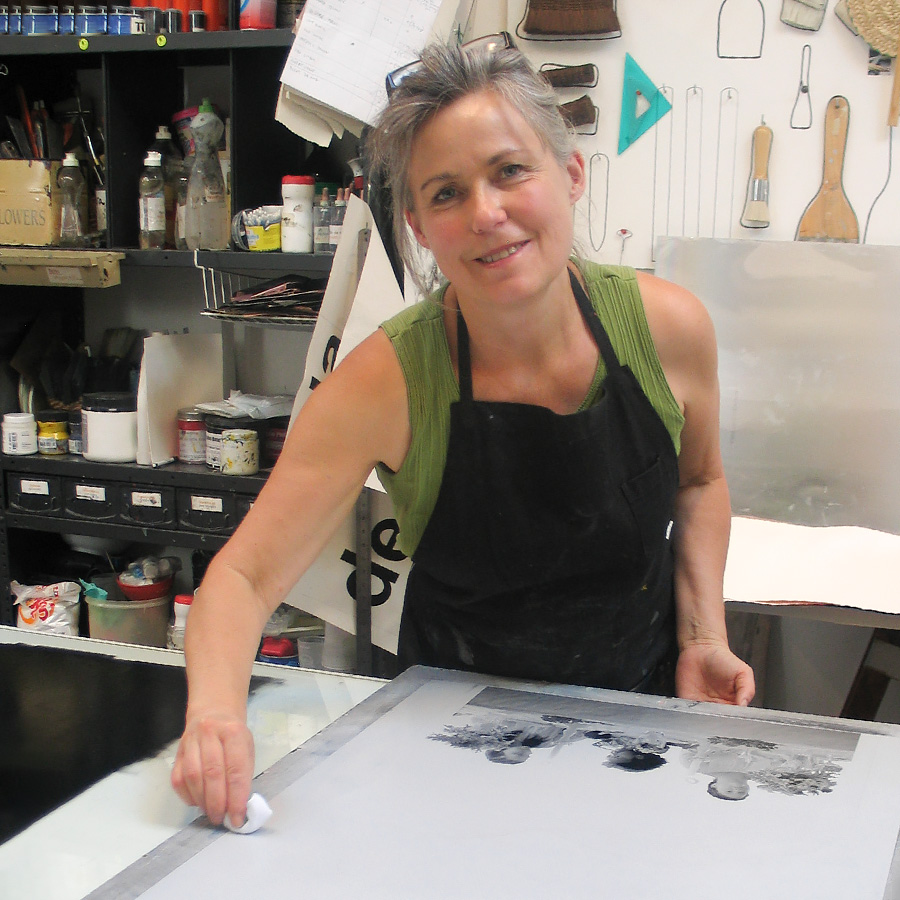Activities
Exhibitions
Undressing Myself
effýmia
01.06.11 15.06.11
Fulfilling its mission of providing opportunities to emerging artists and listening to the voices of diversity, Fundación´ace invited artist Elizabeth Chorubczyk to build an installation in our Transversal Space with her series “Undressing myself before the exile”.
“Transsexual, bisexual, cast, Jewish, atheist, foreigner, porteña, artist, woman… potential threat to your prejudices” is written on the XXL t-shirt that she used in Buenos Aires Gay Pride Parade. With her artistic pseudonym effýmia (sic), the artist represents and positions herself in diametrically opposed categories that, however, define her fully: a foreigner living in her own country, atheist and Jewish at the same time. For a while now Effy has been looking to build and rebuild her identity through art, and she does this through performances and ephemeral, visual and conceptual manifestations.
Her installation at ´ace is a preview of the performance intervention she has planned for the city of Buenos Aires. The piece is thought as a live action in which she puts her clothes together with some statements that document her history (“In kindergarten I was the only girl who wore a light-blue apron”).
ABOUT UNDRESSING ME BEFORE EXILE
50 items (all presented in photographs) are hanged in different points of the public space. Each item that I get rid of is attached to some piece of information or a personal story about my stay in Argentina. The intervention itself is a testimony, a legacy, an imprint from my path, which in turn has the imprint of the place, of the others.
To put it in a way, the project is the result and reflection of the time and space where I lived the most important stages in which self-identity is built. As pedestrians walk by my clothes, I strip myself before them sharing my experience –an intimacy–, giving them a clue of who I am: as anonymous as they are to me. Before carrying out this action, I exhibit them in ´ace in June 2011.
ABOUT THE FEARSOME WORLD. SYNOPSIS
Effy Beth (effýmia) leaned on performance art to build her affirmation as a transsexual identity. She studied filmmaking, art, script writing, she wrote, painted and intervened the public space with disruptive actions facing the heterosexual binomial, where the spectator/art formula was challenged and comfort wasn’t the norm. She spent her childhood in Israel and lived until her death, at 25 years old, in Buenos Aires—a place central to her performance pieces and claims, which were then shared in many other parts of the world. “Conceptual and performance artist, queer feminist” Effy told herself. Through her pieces one can see over and over again the passing to action, almost without filter, of a shocking work, where the literality of the senses is an excuse to give answers that are, very often, uncomfortable. We then see her in a room full of balloons, telling us that she feels asphyxiated, mixing her trans woman menstruation with depilatory wax, slashing her arms, scraping her belly, running naked through her University, offering oral sex and giving in return the stories of defiled women. This book gathers her work and pictures from her archive, besides texts and photographs by people who accompanied her in her intense path of production.
The book can be downloaded at www.editorial.unlp.edu.ar
BIO
effýmia
1988-2014
Born in Israel in 1988, Elizabeth Chorubczyk (also known as “effýmia”) spent there her first years until her family came back to Argentina, where she finished her studies about social communication in the institute ‘el Taller’.
After that she started studies in Photography and Cinematography. Then she went to the University of Fine Arts in Buenos Aires city (IUNA) getting involved with conceptual art and performance.
She commited suicide at 25, in 2014. In 2016 the book Que el mundo tiemble: cuerpo y performance en la obra de Effy Beth (“Let the World Tremble: body and performance in Effy Beth´s work”) is published by Editorial of the National University of La Plata . The book was compilated by Matías Máximo and has already been re-published 3 times.
MATIAS MAXIMO
Journalist. When he chooses his subjects, Matías Máximo thinks about things that connect him with minorities, whether human or not. He revolves around inequalities, the lack of opportunities. Out of those connections, he writes about what touches him: sexual diversity, animal rights, transvestite-cides, politics or books. Also, outside of journalism and teaching, he enjoyed working as a bookseller.
